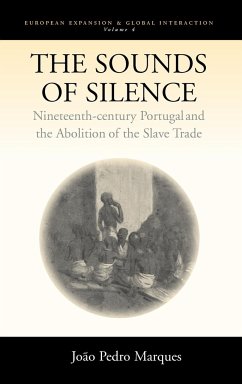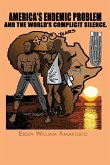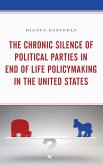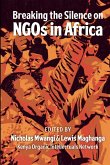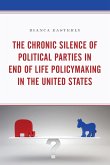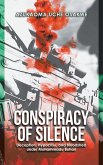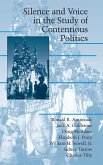Portugal was the pioneer of the transatlantic slave trade, the ruler of both Brazil and Angola - the all time champions of that trade -, and one of the last western countries to decree the abolition of slaving institutions. Paradoxically, and in spite of the overwhelming number of works devoted to the problems of slavery produced in recent decades, little was known about the way Portugal dealt with the twilight of the age of slavery and, most of all, with abolitionism. This book offers the first study of the abolition of the Portuguese slave trade, covering the period from the end of the eighteenth century to the mid-1860s, and bringing to life a dark and silenced corner in the history of the odious commerce. Based on a thorough examination of Portuguese and British historical sources - most of them never used before -, and on his awareness of the international scholarship in the field in which he writes, it investigates not only the Portuguese pro and anti-abolitionist attitudes but also the underlying ideologies, and whether and how those attitudes and ideologies changed over time and in the light of events in the political, economic and social spheres.
Hinweis: Dieser Artikel kann nur an eine deutsche Lieferadresse ausgeliefert werden.
Hinweis: Dieser Artikel kann nur an eine deutsche Lieferadresse ausgeliefert werden.

